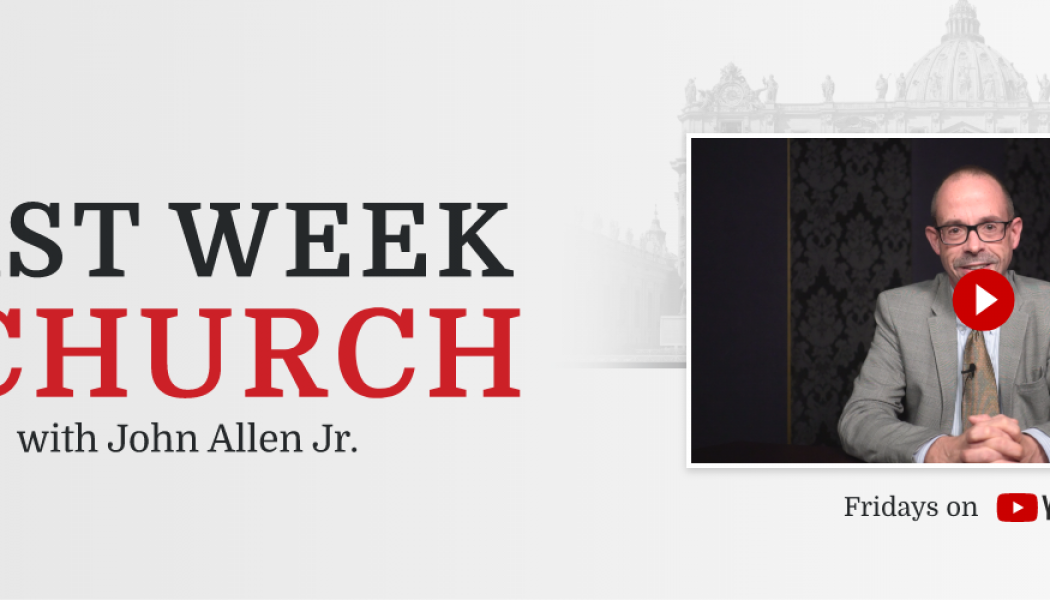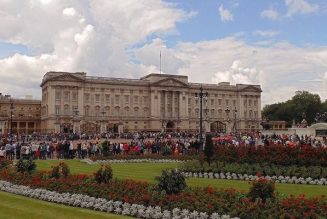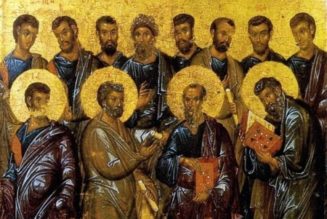ROME – Popes, like leaders of any sort, generally come into office with a few clear ideas about what they’d like to accomplish. How to get it done, however, often is something they have to figure out on the fly, and the difference between success and failure sometimes is how well they adapt to experience.
Pope Francis did some major adaptation Monday, marking a third major pivot point in the financial reform of the Vatican he launched in 2013, shortly after his election, and which has seen a series of stops and starts ever since.
In effect, Francis took away the power of the purse from the Secretariat of State, traditionally the Vatican’s 800-pound gorilla, and transferred it to the Administration of the Patrimony of the Apostolic See (APSA), the Vatican’s central bank. At the same time, he beefed up the oversight role of the Secretariat for the Economy, the financial administration department he created originally in 2014 and then progressively trimmed down.
The moves came in the form of a motu proprio, meaning a change to church law under the pope’s personal authority, issued Monday. It represents the formalization of a policy change announced in a letter to Italian Cardinal Pietro Parolin, the Secretary of State, which the Vatican released in early November but which was decided upon over the summer.
As the dust settles, the new moves consolidate the centrality of two men in terms of the future of the pope’s reform: 72-year-old Italian Bishop Nunzio Galantino, head of APSA, and 61-year-old Spanish Jesuit Father Juan Antonio Guerrero Alves, head of the Secretariat for the Economy. Both are Francis appointments and figures seen as enjoying the pontiff’s trust.
At one level, the motu proprio clearly is a reaction to the financial scandal that broke out in 2019 when it emerged that despite all the new laws and structures created by Francis, ostensibly to inject transparency, accountability and rationality to Vatican finances, the Secretariat of State had made an occult deal with a dubious Italian financier to buy part of a former Harrod’s warehouse in the posh Chelsea neighborhood of London slated for conversion into luxury apartments. When the deal started to go south the Secretariat of State doubled down, requesting an emergency loan from the Vatican bank to buy out the first financier with the help of another.
As details began to emerge, it proved a major embarrassment, not least because some of the funding involved reportedly came from Peter’s Pence, the annual collection from rank-and-file Catholics around the world generally marketed as a way to support papal charities.
One confirmation that the London scandal was the engine driving the train for the new motu proprio is that it also establishes new controls for papal funds, including Peter’s Pence.
It’s worth taking a moment to remember how we got here.
When Pope Francis took office in March 2013, it was clear to everyone, including the new pope, that the Vatican needed a serious house-cleaning when it came to money management. The diagnosis at the time was that while a reform launched under Pope emeritus Benedict XVI largely had succeeded at turning things around at the Vatican bank, both the Secretariat of State and APSA remained black holes, almost completely non-transparent and accountable to no one.
I recall distinctly a conversation I had with a lay Italian economist at the time, who’d been brought in as a consulter for the pope’s early reform moves.
“Everyone in Italy knows that the dirty money in the north of this country goes to Switzerland, in the south it goes to Sicily, and in the middle it goes to APSA,” he said. “APSA is the real problem.”
When Francis transferred control of the Vatican’s real estate holdings in July 2014 from APSA to the Secretariat for the Economy in July 2014, it was clearly seen as the opening salvo in a campaign to trim APSA’s wings.
At the same time, the decision to call the pope’s new finance agency a “secretariat,” and to bring in a heavy hitter such as Australian Cardinal George Pell to run it, was perceived as a direct challenge to the primacy of the Secretariat of State.
As things developed, the tide turned.
Pell began to lose favor with Francis, in part because his Vatican critics successfully shaped a narrative in which he was seen as trying to build a personal empire and riding roughshod over the pope’s preference for collegial governance. In 2016 Francis gave control of the real estate back to APSA, and by 2019 the Secretariat of State’s power over internal administration seemed essentially unrivaled – perhaps as complete as it had ever been since the era of Pope Pius XII in the 1950s.
Now, in what amounts to a third phase in the pope’s reform, the Secretariat of State has once again been sidelined but APSA’s stock has never been higher.
Almost certainly, this is more about whom Francis trusts than about the relative merits of the various departments involved. He clearly believes in Galantino, whom he plucked from obscurity as the bishop of a minor Italian diocese in 2013 to make him secretary of the ultra-powerful Italian bishops’ conference, and then moved him to APSA in 2018. In the same way, he culled Guerrero from a quiet administrative role within the Jesuit order to put him in charge of the Secretariat for the Economy in 2019.
In other words, this is Francis grasping one of the indisputable truths about the Vatican: In such a small world, structures are serfs while personalities are monarchs.
Whether this latest shuffle is where the music stops on financial reform remains to be seen, but it’s worth recalling that this isn’t just an amusing parlor game of who’s up and down.
Aside from the imperative of avoiding future scandal, not to mention counteracting the risk of plummeting donations to Peter’s Pence and other papal collections, the Vatican is also currently awaiting its latest report card from Moneyval, the Council of Europe’s anti-money laundering watchdog agency. Moneyval is due to present its latest assessment of the Vatican in April, and, if it’s not good, the Vatican could be frozen out of international currency markets or be forced to pay significantly higher fees on transactions as financial institutions impose stiff costs for the perceived risk.
All that comes as the Vatican is facing ballooning Covid-related deficits and a looming crisis in the form of unfunded pension obligations.
The bottom line is that Galantino and Guerrero how hold the Vatican’s financial cards. How they choose to play them will determine whether the Francis reform is real.
Follow John Allen on Twitter at @JohnLAllenJr.
Join Our Telegram Group : Salvation & Prosperity









